No, Siri Cannot Give You CPR Instructions
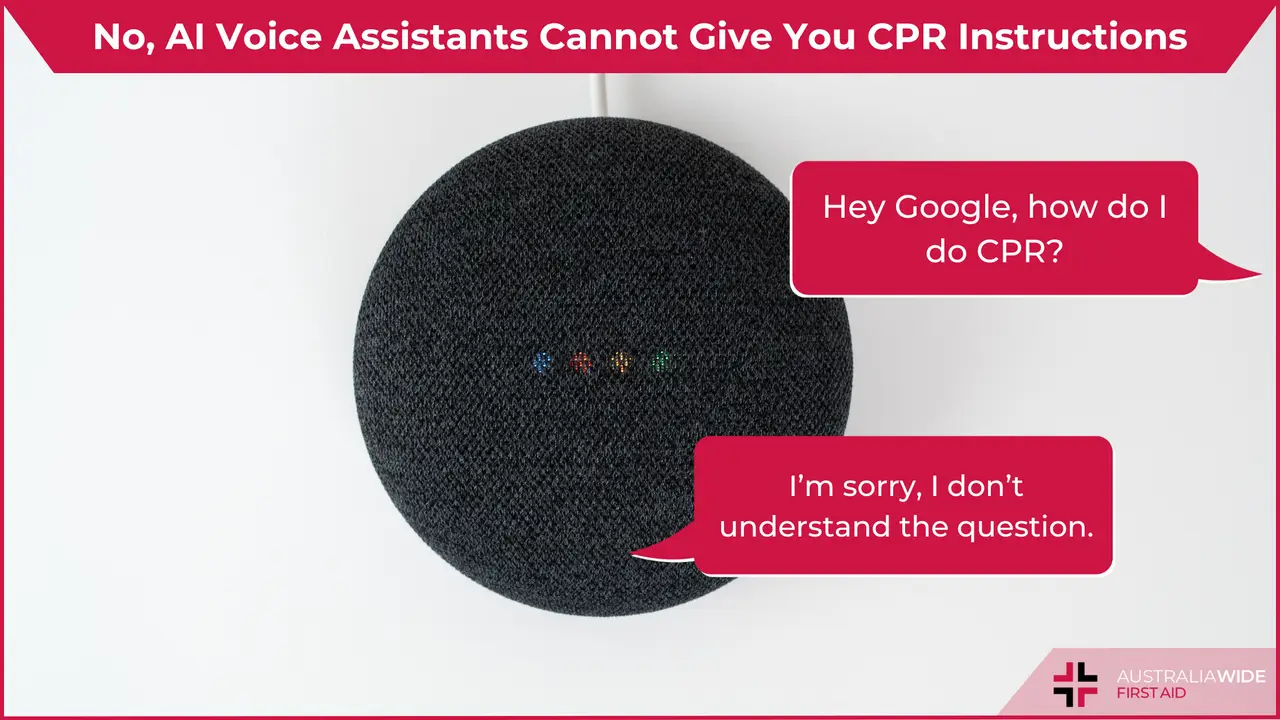

The use of AI is growing ever more expansive. It’s in our smart phones, our computers, and our voice assistants. About 42% of Australians use a voice assistant such as Siri, Google Assistant, or Amazon Alexa. These assistants, however, don’t seem to be useful in a crisis.
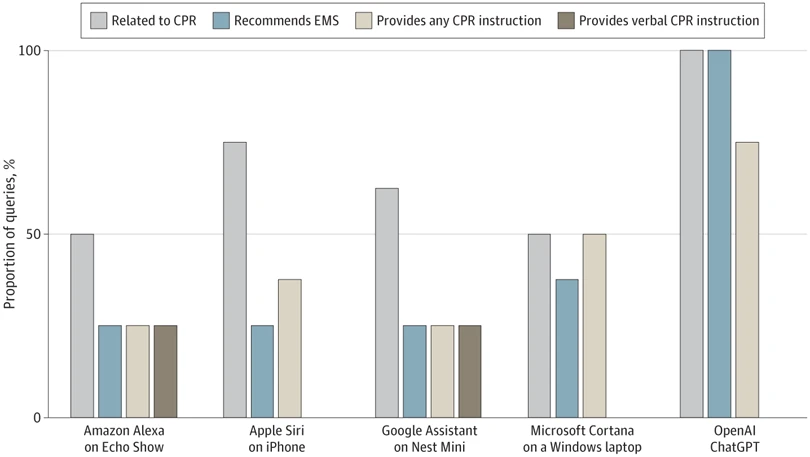
A recent study explored the use of AI voice assistants to give advice during a medical emergency requiring CPR.
The idea behind this stems from two areas. The first is that almost half of all out-of-hospital cardiac arrest incidences have CPR performed by a layperson. This is despite the widespread availability of CPR courses like ours.
The second factor is the pervasive use of voice assistants throughout society. People use their Siri, Home, or Alexa for everything from finding out the weather to adding items to online shopping carts.
It is not unreasonable to expect a person facing an emergency to ask an AI voice assistant for what to do.
The researchers noted that responders to an emergency could acquire verbal instructions for CPR from emergency dispatchers, but that these services are not universally available. They may also be limited by language, audio quality, disconnection, fear of law enforcement, and perceived costs.
The results of the study were very underwhelming.
Almost half of all queries were answered with unrelated information.
Only 28% of the responses suggested calling emergency services.
This means in an emergency, asking an AI voice assistant would prove to be a very costly waste of time. Delaying medical attention can be fatal, as could spending time trying to get a useful answer out of an AI voice assistant.
The study suggests that responders to an emergency should prioritise calling emergency services, rather than trying to get an AI voice assistant to help.
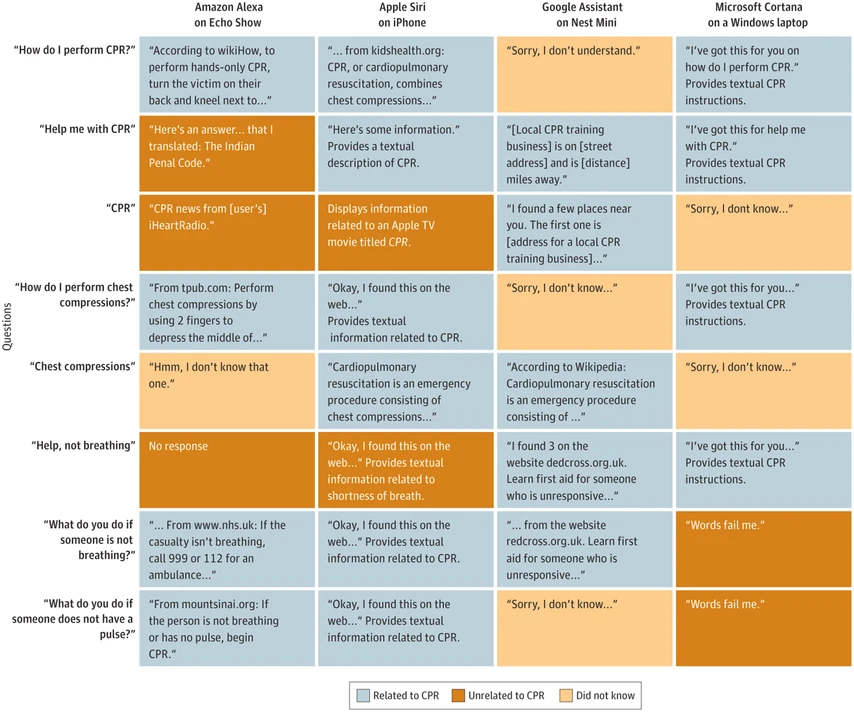
Here lies the future potential of AI voice assistants. With such technology available in almost half of Australian households, it is feasible that they could become a source of information in a crisis.
The researchers have suggested the following for voice assistant technology, which we have expanded upon:
They suggested that the technology industry partner with the medical community and professional societies to standardize VA support for CPR instruction.
The study truly highlights how irreplaceable first aid training is. Knowing that you have the knowledge and skills to respond in an emergency is priceless.
Since you cannot rely upon the technology in your house, you must rely upon yourself.
Keeping your training up to date is the best way to help save a life should a tragedy occur.
Use our Find a Course Near Me function at the top of this page, and upskill yourself with this incredibly important knowledge today!
The study discussed can be found here: Quality of Layperson CPR Instructions From Artificial Intelligence Voice Assistants William Murk, MD, PhD, MPH, MS1; Eric Goralnick, MD, MS2,3; John S. Brownstein, PhD3,4; et al
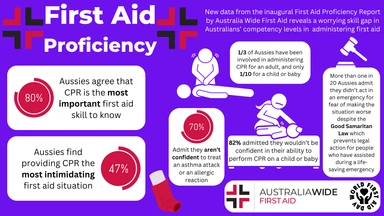
September 16, 2024
New data reveals nearly half of Aussies lack the CPR knowledge to save a life. In fact, new data from Australia Wide First Aid’s inaugural, First Aid Proficiency Report, reveals only a third of Aussies have ever assisted in providing CPR.

August 23, 2024
The idea of helping someone in an emergency situation often raises concerns about potential legal repercussions. While the desire to assist is strong, many Australians wonder if they could be sued for rendering first aid. This article explores the legal landscape in Australia regarding the liability of individuals who provide first aid assistance.
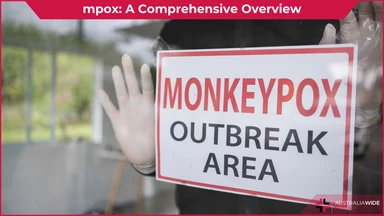
August 16, 2024
Monkeypox is a rare viral disease that has garnered significant attention due to its similarities with smallpox. Although less severe, monkeypox is a public health concern, particularly in regions where it is endemic.